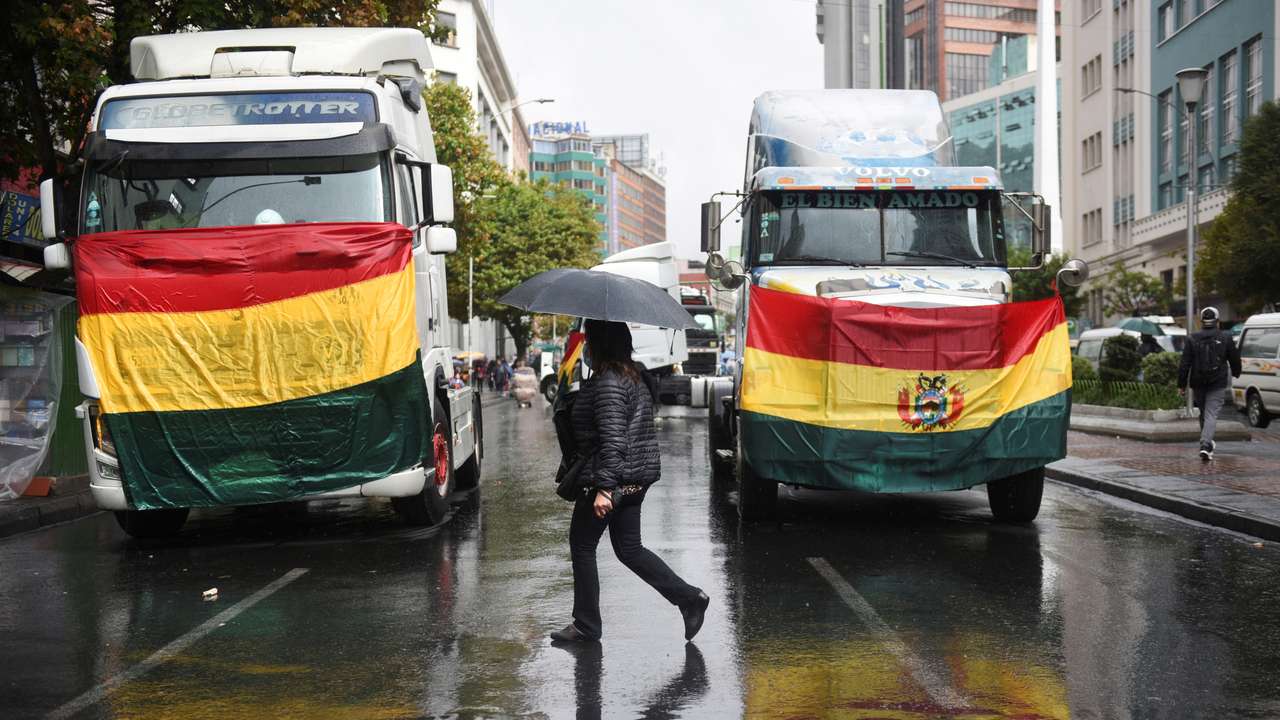Bolivia Roundup: Monkeypox, mineral theft, humanitarian aid to Chile

First case of monkeypox
Carlos Hurtado, the Head of Epidemiology of the Departmental Health Service in Santa Cruz, the Eastern part of Bolivia confirmed the first monkeypox case in the region in 2024. According to a report received by the Bolivian National Center for Tropical Diseases (Cenetrop) on February 9, the patient is a 22-year-old man with general malaise, fever, and anal pain. Hurtado reports that the patient is receiving antibiotic treatment and is being evaluated for hospitalization and isolation. The contagion is indigenous and not related to international travel, local media Los Tiempos reports.
$52 million in mineral theft
Bolivia's mining sector, which accounted for 24% of exports in 2023, is facing significant damage from the illegal practice of "juqueo," or mineral theft. The theft of nearly two tons of minerals per year, mainly tin, is a significant issue, causing an estimated $52 million in losses, local media El Diario reports. According to El Diario, more looting has occurred as a result of cooperatives being freed from labour, environmental, and tax requirements. Bolivian Mining Corporation mines have a significant issue with cooperatives, which are exempt from labour, environmental, and tax obligations. Despite 2018 laws punishing mineral theft with 10 years in prison, cooperatives evaded $1.4 billion in 2022, threatening economic stability and highlighting the need for reforms, El Diario reports.
Aid to assist forest fires in Chile
Bolivia has sent 70 tons of humanitarian aid to Chile to assist those affected by forest fires. The package includes rice, noodles, flour, powdered milk, sugar, and medical supplies, totalling around Bs 6 million (around $870,000). Chile's President, Gabriel Boric on February 4 declared two days of national mourning for the fatalities of the forest fires which at the time was 112, a tragedy described as “the largest” since the 2010 earthquake that hit the Latin American nation, Los Tiempos reports.
Shortage of medicine due to lack of dollars
The Pharmaceutical Chamber in Bolivia warns that the lack of dollars could hinder the import of medicines for the sick, urging authorities to act immediately. According to El Diario, the state bank has reduced foreign and national currency transactions, and economic analysts have noted a 16% loss against the dollar. The Bolivian Financial System Supervision Authority has established that commissions for transfers abroad exceeding $1,000 will be determined by the bank when the consumer buys dollars from the financial institution, El Diario reports.
Cessation of magistrates extension
The Attorney General of Bolivia, César Siles, has warned that the possible cessation of the extension of magistrates could be declared unconstitutional if the bill is approved in the Legislative Assembly of the Latin American nation. Siles believes that approving other regulatory projects without constitutional protection could lead to the same issue. “Trying to approve other regulatory projects, other laws, without having the constitutional umbrella, we are going to return to the same thing, because the Constitutional Court is going to have to declare it unconstitutional. Although I do not believe that the dismissal of magistrates will be approved, if it is approved, a declaration of unconstitutionality will surely correspond to that bill,” he is quoted by local media El Deber.